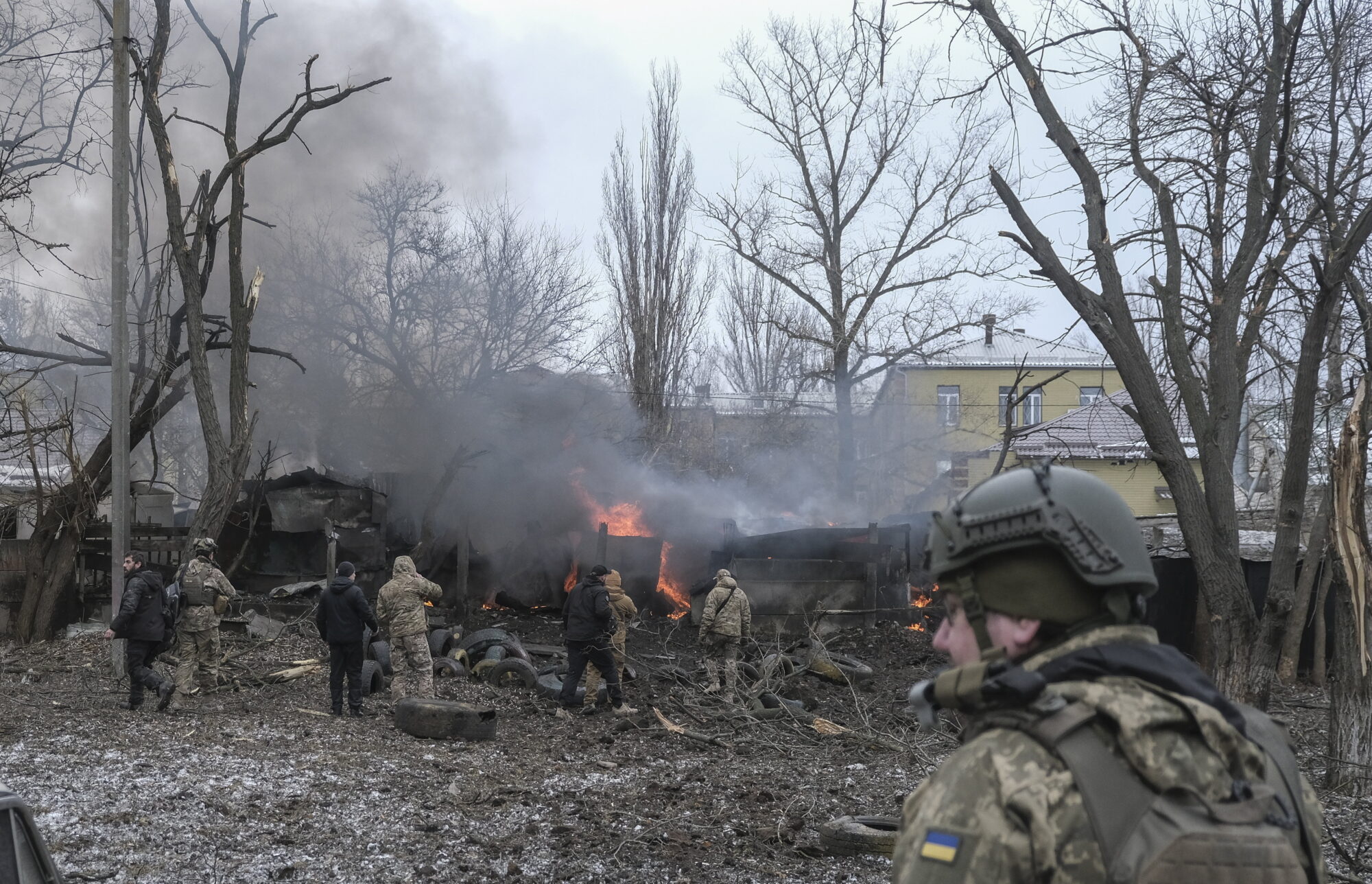According to a survey conducted by the Nézőpont Institute in early February, four-fifths of Hungarians (78 percent), but even two-thirds of left-wing voters (63 percent) think that an immediate ceasefire is necessary, even at the cost of Ukrainian territorial losses. Although most people want peace, almost no one expects the war to end before the anniversary of its outbreak (2 percent). A third of Hungarians (33 percent) hope that peace may come this year, but nearly half (49 percent) expect the war to last for years.
In three weeks, it will be one year since Russia attacked Ukraine. The Nézőpont Institute has conducted an opinion-poll to examine Hungarians’ expectations after nearly a year of war in the neighbouring country.
According to four-fifths of Hungarian voters (78 percent), an immediate cease-fire is needed in Ukraine, even if this way Ukraine cannot regain all the territories that Russia has occupied. Even political affiliation does not have a significant impact on this opinion either: almost two-thirds of left-wing voters (63 percent), while 91 percent of pro-government voters believe that a ceasefire is necessary. It is important to underline that there is no social group who is in favour of continuing the war in the hope of regaining the occupied territories.
The majority of Hungarians have pro-peace attitudes but also pessimistic expectations. Nearly half (49 percent) of Hungarians believe that the war will go on for years and only 33 expect that the situation could be resolved in 2023. Almost no one expects the war to end in the next month (2 percent). Pro-government and opposition voters are equally pessimistic on the issue, with the same proportions (46 percent and 48 percent) expecting the war to be prolonged for years, but also the same proportions (34 percent and 35 percent) expect that the conflict will be resolved this year.
Methodology
The latest opinion-poll of the Nézőpont Institute was conducted between 30 of January and 1 of February, 2023, by interviewing 1,000 respondents by phone. For all surveys, the sample is representative of the adult population (18 years and older) by gender, age, region, type of settlement and education. In case of a sample size of 1000 respondents and a confidence level of 95 percent, the sampling error is ± 3.16 percent. Respondent base = Hungarian voters.
